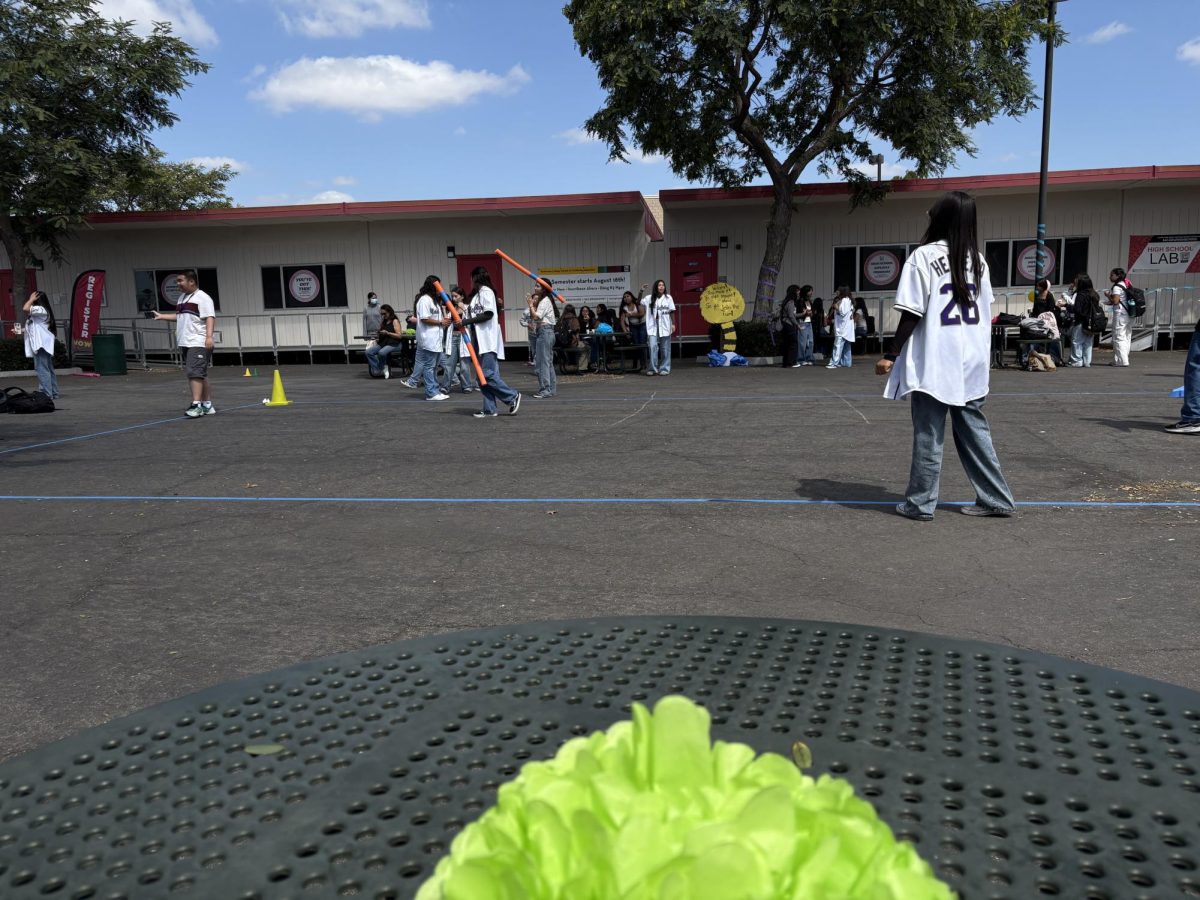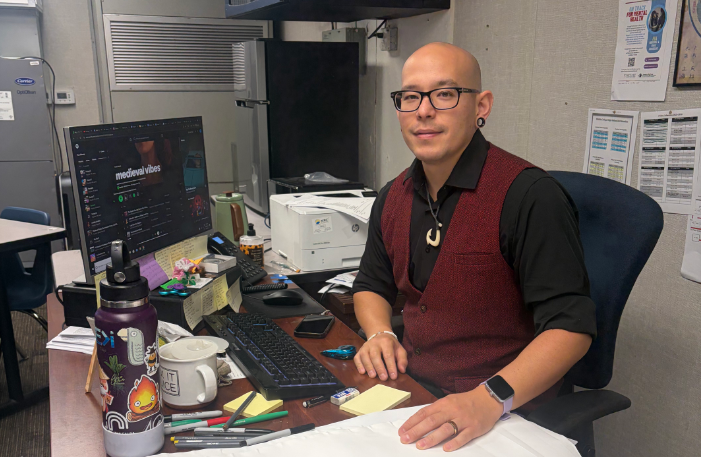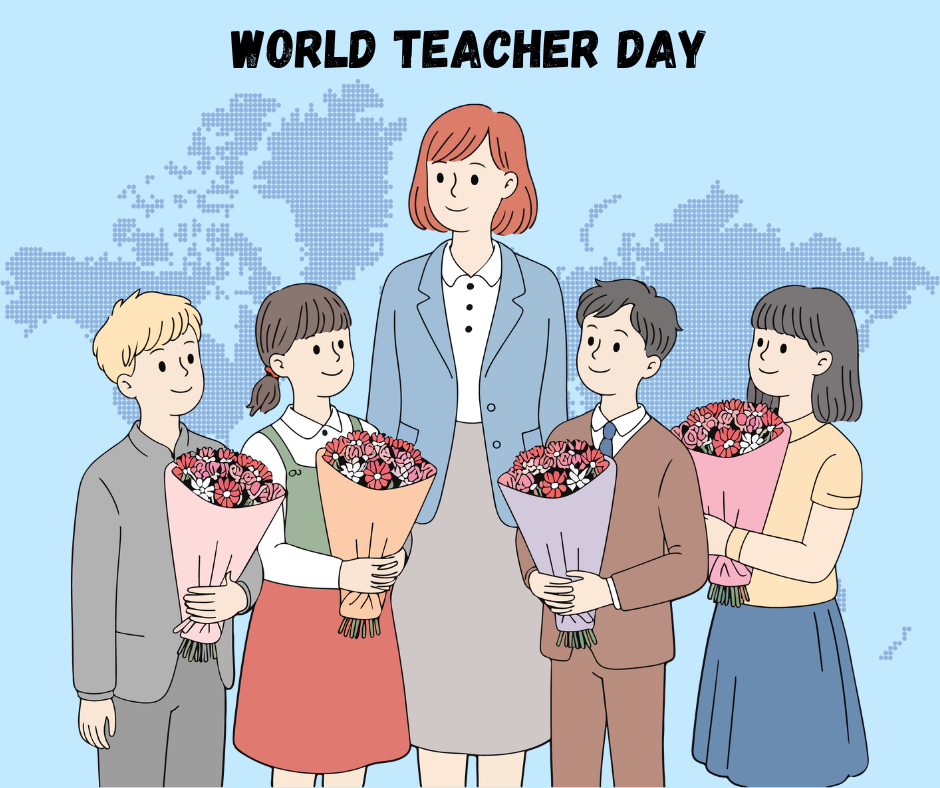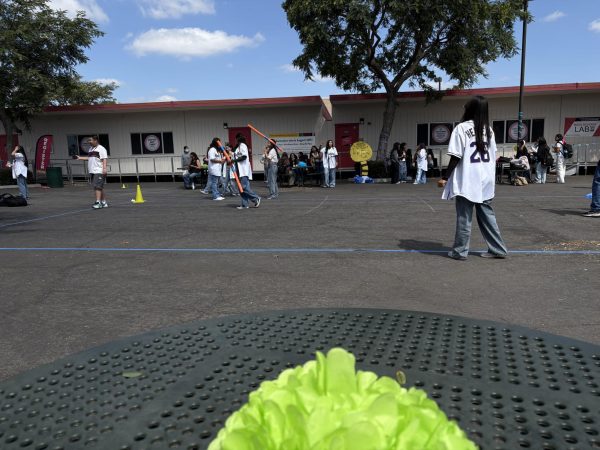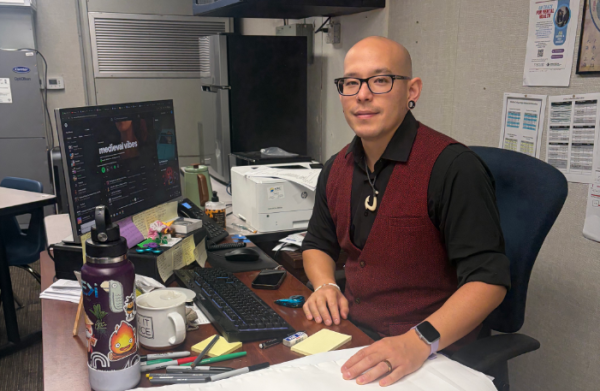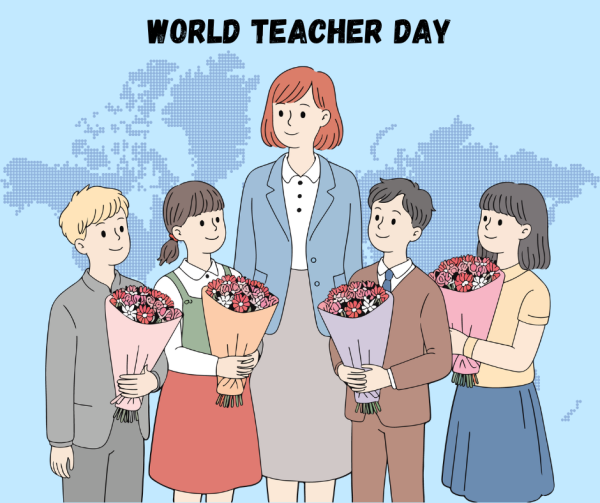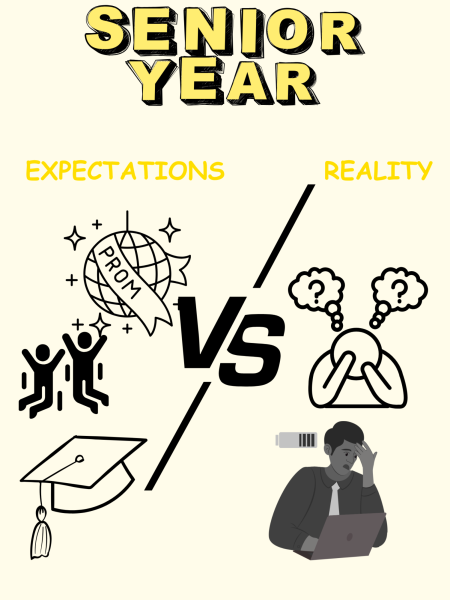Longer nights, shorter days
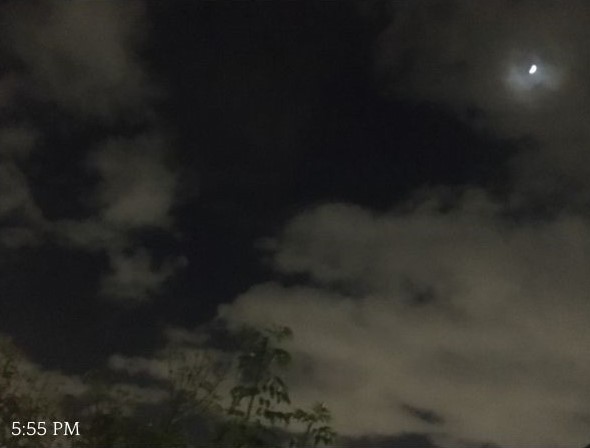
During Standard Time the sun rises and sets earlier than with DST.
If you love to sleep you’re in luck. On Sunday, November 7 at 2 a.m., daylight saving time [DST] ended and standardized time began. Millions of people participated in this year’s time change, except Arizona and Hawaii.
Daylight saving time was first introduced in the U.S. on March 31, 1918. It was implemented to save an hour worth of fuel. The energy crisis of 1916 was one of the main reasons for the DST.
Besides having to change your clock an hour back, this standardized time has its own set of effects like seasonal depression, voting measures, and even an increase in crime.
Seasonal affective disorder (seasonal depression) is characterized by a set of mood disorders that occur during the same time of the year. Symptoms include fatigue, depression, hopelessness, and social withdrawal.
“It also gets me tired for some reason,” sophomore Kathie Garcia said.
With the change in the amount of daylight we receive, our bodies begin to struggle to adjust to the new light and time frame.
Sophomore Ashley Andrade said, “It feels like it’s 7:00 pm, when it’s 5:00 pm.”
Many also began to notice themselves struggling to become motivated to finish tasks.
“It’s also hard to motivate yourself to do work because it’s already dark outside,” sophomore Keila Lopez said.
The action of having to bring back and forth the time twice a year has come to the point where voting measures have had to be taken in order to end it.
As mentioned, daylight saving time began because of fuel conservation and for farmers. And, although everything is now industrialized, DST continues.
“What do I have to do with farmers?” Andrade said.
In 2018, nearly 60% of Californians voted in favor of Proposition 7 in hopes to end the change of clocks.
Sophomore Ruby Perez-Ortega said, “I think it’d be more helpful if we didn’t have daylight saving time. And it’s kind of useless now because everything is now industrialized, unless we want to revert back to non industry.”
FOX40 news stated, “Before the pandemic hit, some state lawmakers tried to get a measure passed that would’ve put California on permanent daylight saving time, but it stalled.”
Studies have found that assault cases decrease on Monday after daylight saving time begins, and after the Monday it ends, they begin to increase.
Associate professor of criminology and statistics Greg Ridgeway and fourth-year criminology student Rebecca Umbach both believe people would become more antagonistic when DST begins.
In a press release Ridgeway said, “In the spring, the day after we move into daylight saving time, there are more accidents, greater stock market losses, more workspace jury, reduced test scores, and higher suicide rates.”
Because of this many have grown to become more aware of their surroundings during this time.
“When walking home from school in the afternoon I make sure to always look behind me. And, I also always tend to have my phone in my hand,” an anonymous sophomore student said.
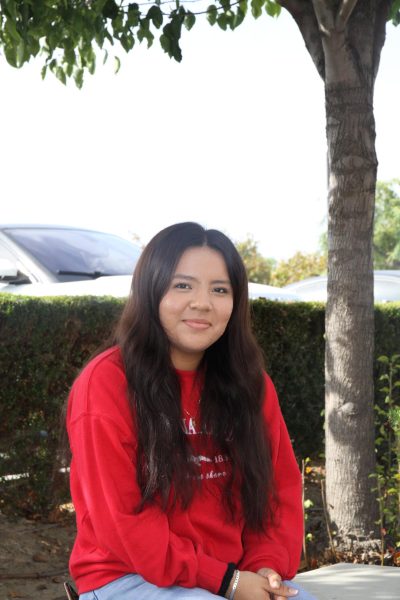
I love listening to music, watching sunsets, and scrolling on Pinterest.

